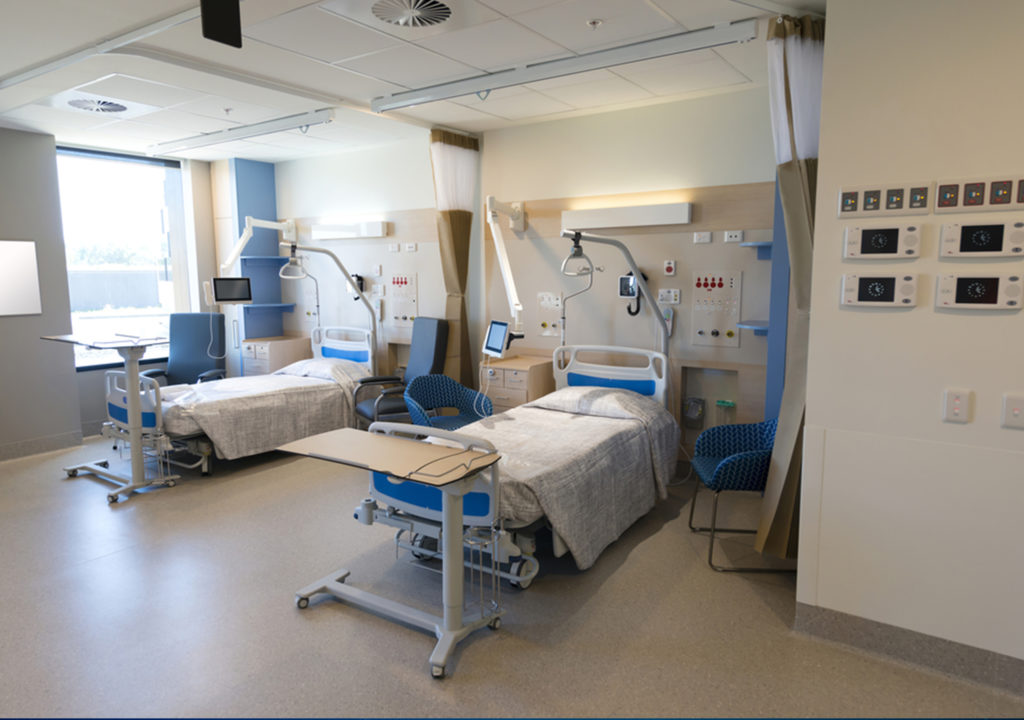
Data-driven, metric-based healthcare is required in today’s value-based environment and essential for sound decision-making. Without it, you’re simply guessing. Cost reductions and real increases in volume, efficiency, and ultimately revenue can be achieved when data and analytics are at your fingertips. That’s why we are excited to introduce SpecialtyCare OptimizeOR™, a user-friendly decision support and analytics system that helps OR managers improve productivity in perioperative performance. OptimizeOR software pulls your key performance measures into an easy-to-use online interface so that you can better manage resources for improved scheduling, staff allocation, and supply utilization. Optimized resource management makes space for increased case volume, minimizes inefficiency, reduces unnecessary spending, and drives patient and surgeon satisfaction.

Imagine you’re riding a bicycle that slips a chain. It’s a basic fix, but you have to stop pedaling to do it. When your sterile processing chain slips, you don’t get to stop, and it’s very difficult to fix the bike yourself while you’re still pedaling. Hospital administrators and managers focused on continuous improvement are increasing attention on their sterile processing departments to improve quality, efficiency, surgeon satisfaction, and patient care. An outside sterile processing consultant who has the expertise to conduct a useful assessment and create and implement strategic plans can quickly jump start a quality improvement program without disrupting the department’s regular activities. This is a significant advantage over an in-house approach to improvement. As a result, many leading hospitals are engaging expert consultants for help.

It’s hard to overstate the importance of trust and confidence in the operating room when so much is on the line. The surgeon needs to know that every member of the OR team is experienced and reliable. This is especially true of the surgical assistant, who serves as an extension of the physician before, during, and after the procedure. In addition to providing exceptional clinical skills, a valuable surgical assistant (SA) understands the surgeon’s preferences and enables a rhythm and a shorthand that promote successful patient outcomes and surgeon satisfaction.

Sometimes a few fundamental changes can breathe new life into an existing process and, as a result, enhance the performance of your surgeons and staff. Even if your routine is working relatively well, service line changes in your operating room can achieve improved results, such as higher levels of surgeon satisfaction and patient care quality, both of which can generate greater value for your organization and your patients. But any changes in and around the surgical suite need surgeon support to optimize success. Here are six guidelines to help engage surgeons as a first step toward project planning and improved performance.

Changes in reimbursement models are driving changes in operations, including data collection and reporting. Providers are being encouraged and incentivized to implement value-based care (VBC) that emphasizes cost savings and quality outcomes instead of the traditional fee-for-service (FFS) reimbursement model that pays according to the number of procedures performed. The idea is that when hospitals have financial incentives to be accountable for patient outcomes, then the comprehensive focus on quality will result in overall lower costs. Transitioning from FFS to VBC may be especially difficult for ORs with their high costs of procedures, but several strategies can help clear the path to progress.

The mission of The Joint Commission (TJC) is “to continuously improve health care for the public, in collaboration with other stakeholders, by evaluating health care organizations and inspiring them to excel in providing safe and effective care of the highest quality and value.” It’s a lofty goal, and one that has helped thousands of healthcare organizations improve. Unfortunately, the prospect of a TJC review is stressful and overwhelming for many healthcare providers. It doesn’t have to be. Check out these three things we’ve learned by designing and implementing a tested program that ensures that the people of our organization are always prepared to pass a stringent TJC evaluation while also meeting the requirements of our own internal quality programs.

It’s not surprising that surgeons report high levels of burnout and a lack of professional satisfaction; nor is it surprising that the problem is getting worse. This creates concern for both the well-being of surgeons and the quality of patient care. As with other problems that might seem overwhelming, however, small adjustments can make a big difference. Here are some ways you can move the needle on surgeon satisfaction and, by extension, create efficiencies, lower costs, and realize better patient outcomes.

Excellence in sterile processing management is fundamental to a well-run operating room. It supports on-time starts, surgeon satisfaction, and overall efficiency—all of which translate to financial results. But, most importantly, effective sterile processing management reduces the occurrence of healthcare-acquired infections (HAIs), which can significantly harm the patients entrusted to your care.

There’s good reason why I don’t roof my own house or fly my own plane. I rely on others for their specialized skills, experience, and economies of scale—knowledgeable people focused on specific activities that ensure quality and safety, keep costs in check, and know the codes and regulations that must be followed. Today, more than ever, we rely on specialization to get things done. Healthcare is no different. In fact, healthcare may be one of our best examples of an industry that can benefit significantly from specialized teams.
